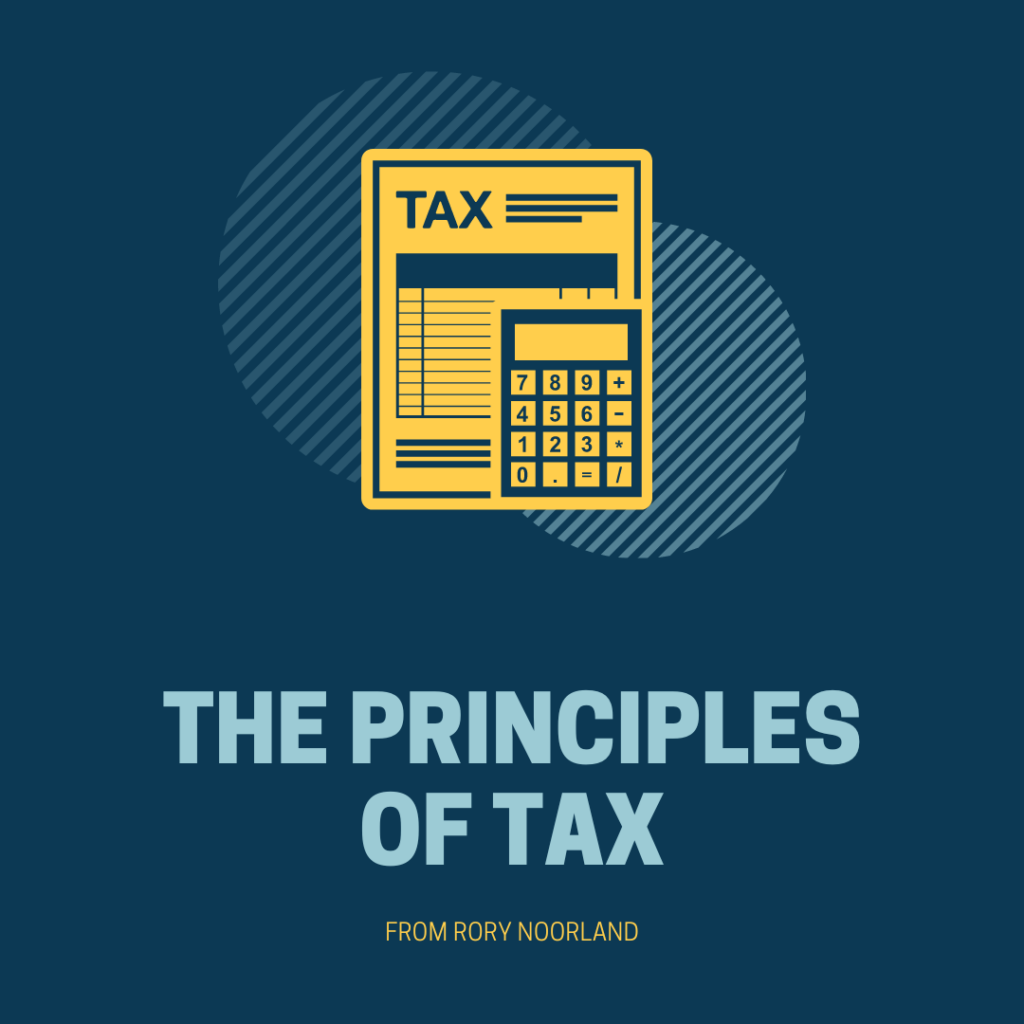The Taxation Principles Reporting Bill was recently introduced to Parliament stating that “The Government would like to increase the public’s understanding of the tax system and promote informed debate and discussion about its future”. The Bill proposes 7 principles that are to be “universally accepted” as underpinning the design of good tax policy.
The principles identified are: horizontal and vertical equity; efficiency; revenue integrity; certainty and predictability; flexibility and adaptability; and compliance and administration costs.
This Bill comes off the back of 3 years of highly complicated and, at times, ad hoc changes to the tax settings that has occurred in the last 15 years.
The goal of efficiency is that “Tax revenue should be raised in ways that minimise distortions to the economy and the use of resources” whereas certainty and predictability aims that “People should be able to determine their tax obligations before they are due”.
Though being at the theoretical end of tax legislation, had these principles been applied earlier we could have avoided the situation of having the ever increasingly complicated Bright-Line test rules and avoided the distortionary limitation of interest deductions on residential rental properties.
The interest limitation rules for residential rental properties is one of the most unnecessary and complicated changes to the taxation system seen in a long time. Had the 7 tax principles ruler been run across this legislation at the time it would have surely failed almost all of them. The rules are proving to be distortionary and producing an outcome where an arbitrary date determines whether a property is able to have interest deductions for a period of 20 years or no interest deduction at all. It is the worst example of using the taxation system to attempt to fix a non-tax issue without regard for the distortions and complexity it creates for taxpayers. It also opens the ability for the bigger and more well-resourced taxpayers to lobby for exemptions such as build-to-rent developers. There is no equity to giving larger landlords the ability to access an interest deduction due to scale vs the mum and dad investor who now cannot.
The 10-year (or 5-year if it is a new build) Bright-Line test is another example of the difficulty that taxpayers have in understanding their tax obligations without the assistance of tax professionals. Remembering that the principle of certainty and predictability means that taxpayers should be able to determine their tax obligations before they are due. Some of the recent tax policy decisions that have been made has resulted in a highly complicated and ever increasingly difficult set of tax rules for the everyday taxpayer to navigate. All too often taxpayers are caught out with a nasty surprise after they have sold the property, filed their tax return and merrily gone on with their lives. Often this is as a result of an accident rather than an attempt to derive income from property transactions, whether it is the misapplication of the main home exemption, of which there are now also different tests depending on when the property was purchased, through to change of circumstance situations for which there is no leniency.
Brightline began with an aim of taxing property speculators who ‘flipped’ houses for a living. Now we see an ever-increasing list of exemptions and roll over relief provisions necessary to ensure negative tax consequences can be avoided. This is a prime example of a set of rules are now far overreaching beyond their initial aim. There is very little flexibility in these rules, by design, which is resulting in tax outcomes not originally intended by the legislation.
We can only hope that the principles within this piece of legislation result in more rational and logical tax rules and that future governments both apply it to the tax policy they set and engage in a process of removing some of these unnecessary and at times punitive tax burdens that we have seen appear.
And finally, remember, “The hardest thing in the world to understand is the income tax” – Albert Einstein.

Rory Noorland,
Partner, CA






